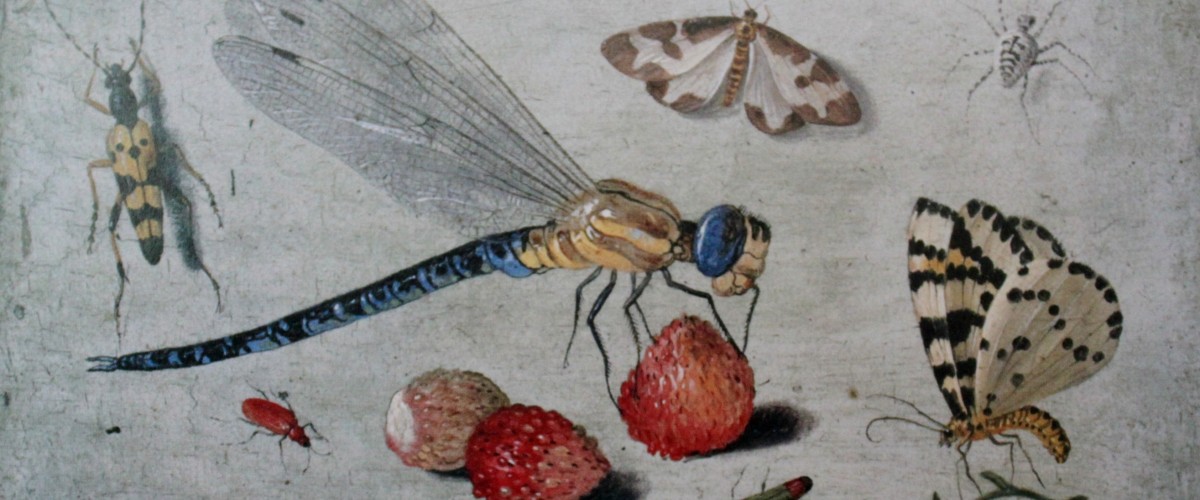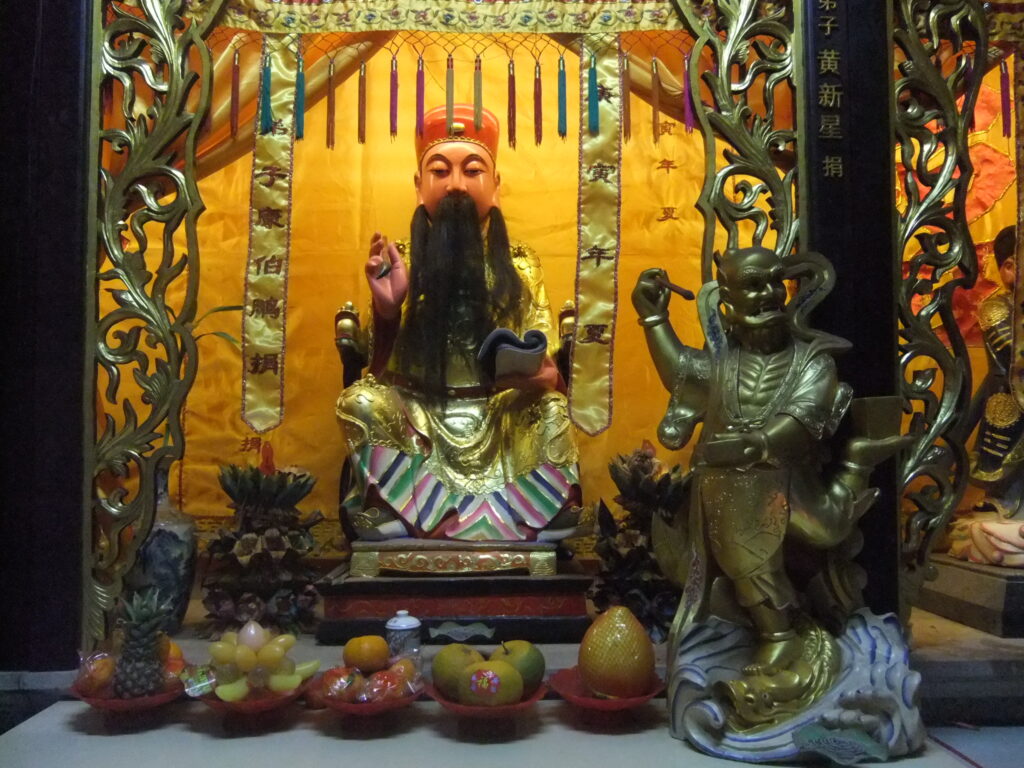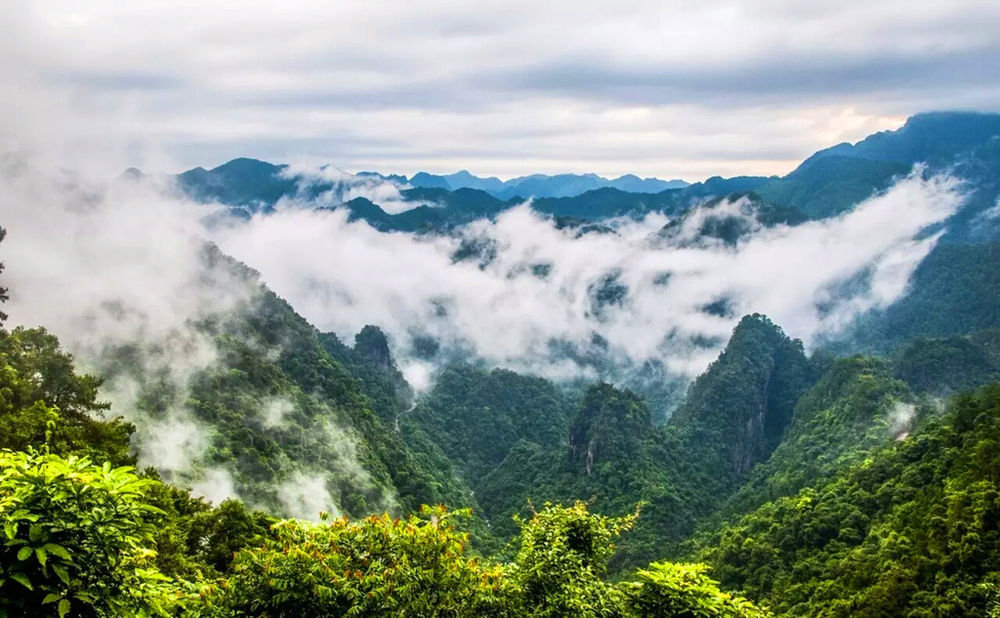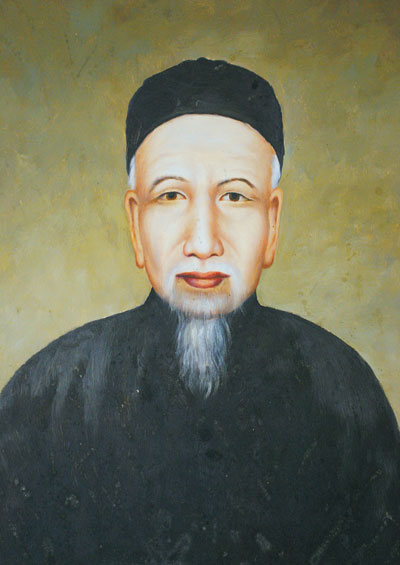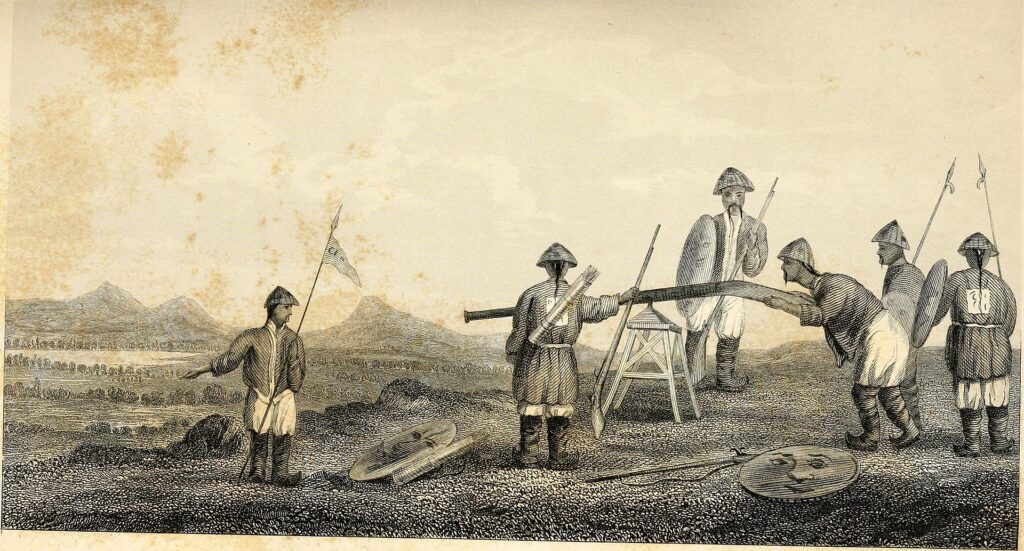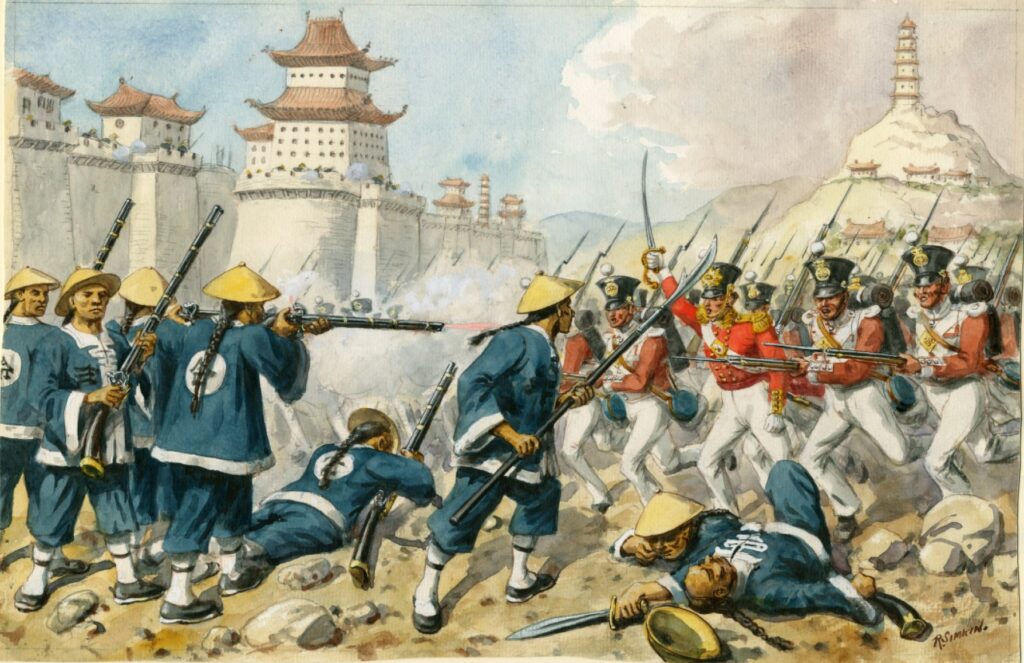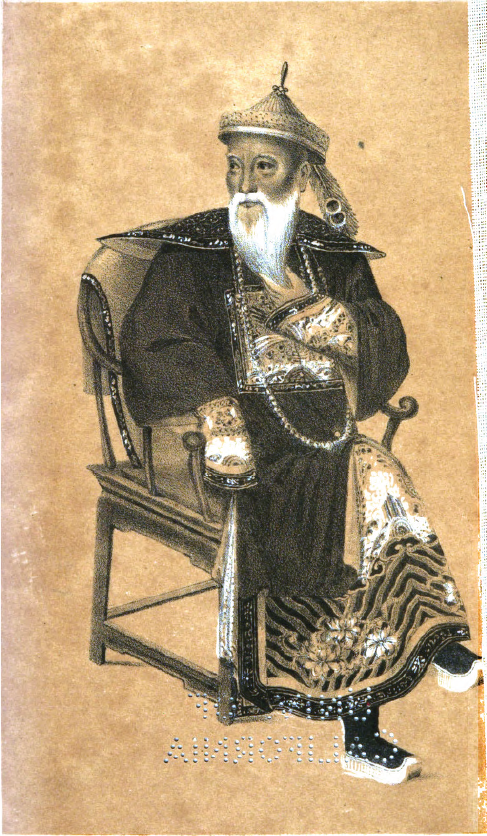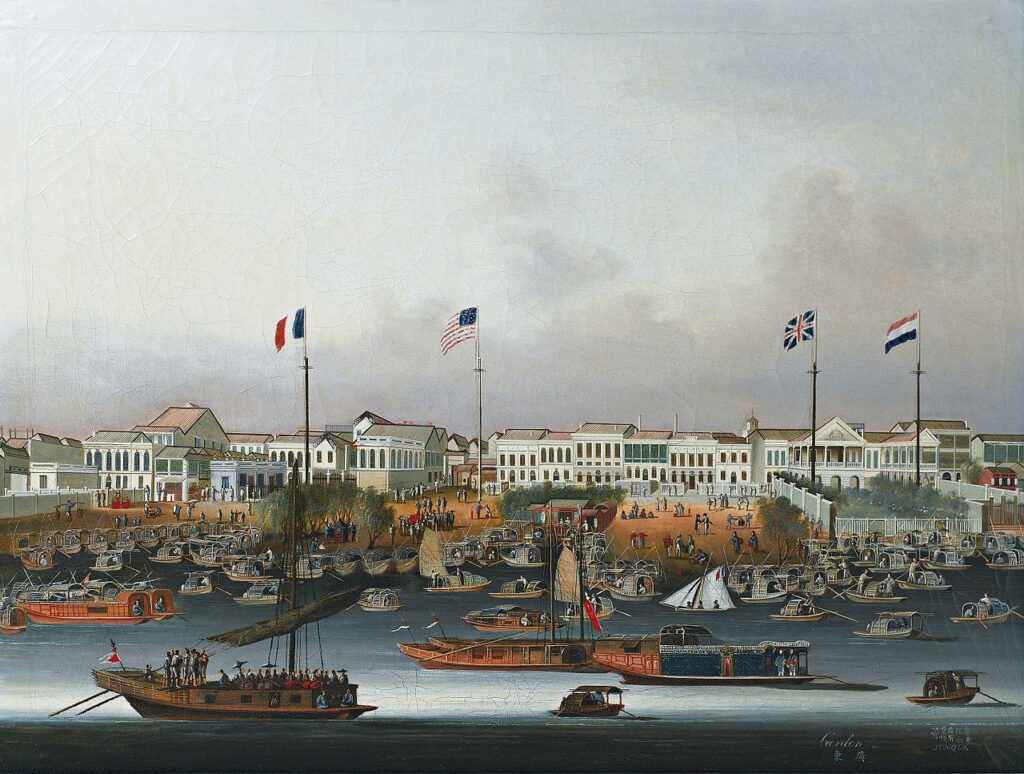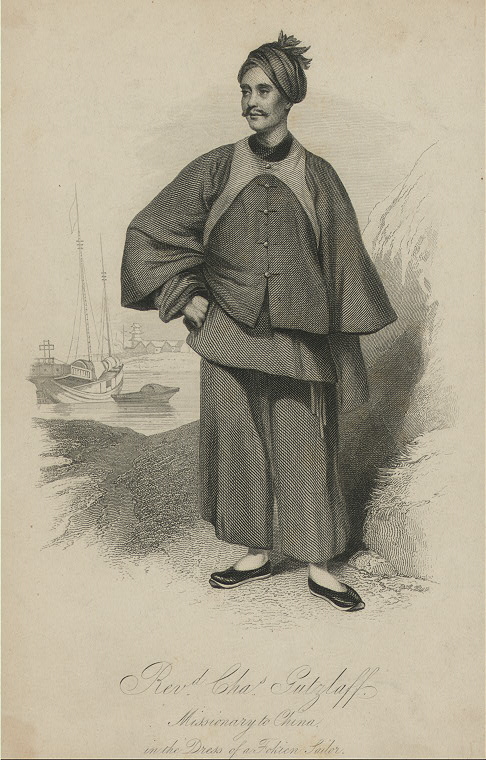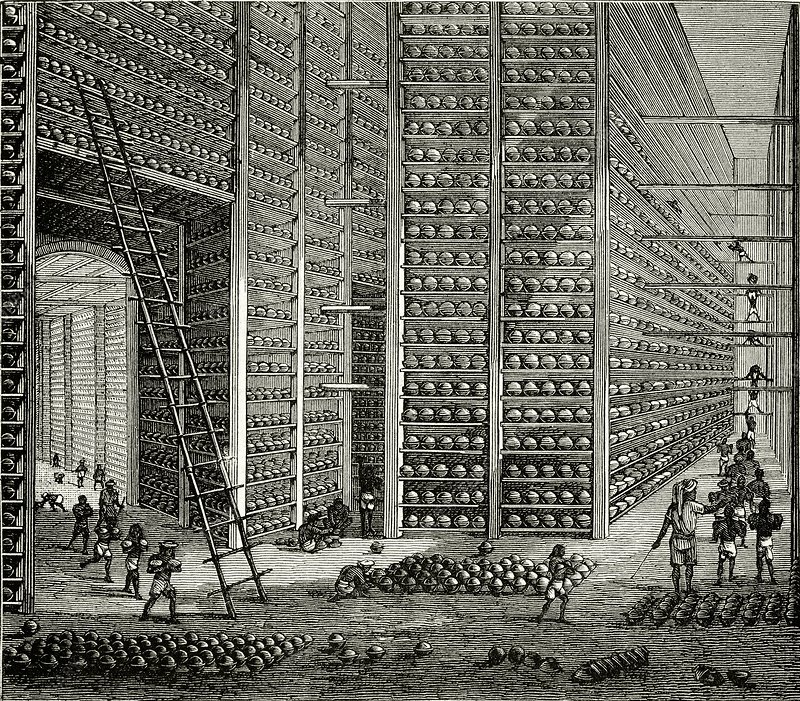Episode 1.18 – The Taiping Testament
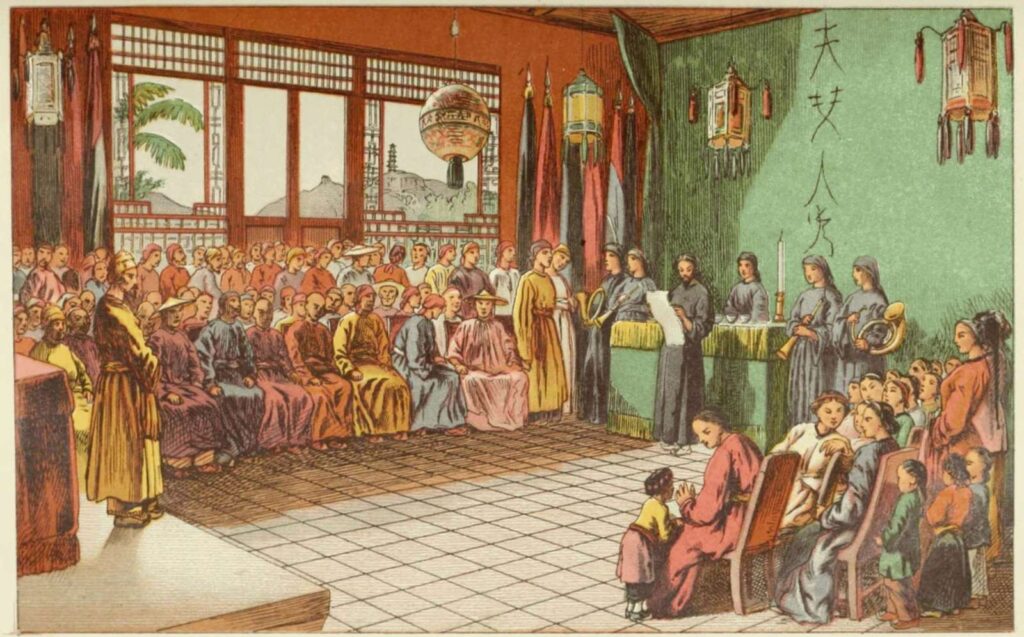
While Feng Yunshan was building up the God Worshipers in Guangxi Province in 1845 and 1846, Hong Xiuquan living was back in his hometown of Guanlubu, Guangdong province working as a school teacher. He also spent his time elaborating on the nature of God, his relationship to humankind, and how the Chinese people had been deceived by demons and spirits. These writings were later collected into the “Taiping Testament”. In this episode we’re going to explore the Testament and see how it laid the foundation for what will become the Taiping political project, which resulted in a full insurrection against the ruling Qing dynasty a few years later.
Podcast: Play in new window | Download
Subscribe: RSS

